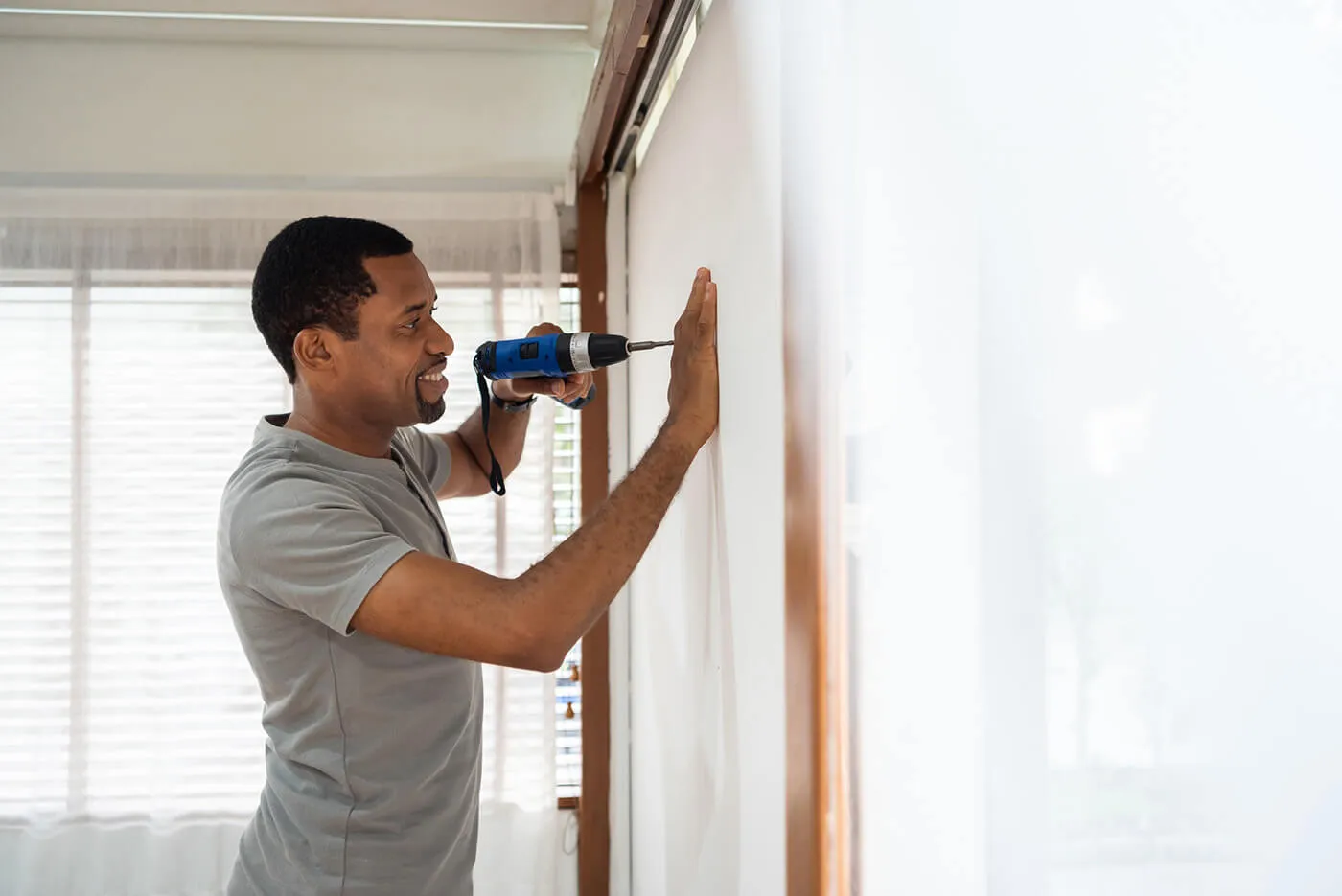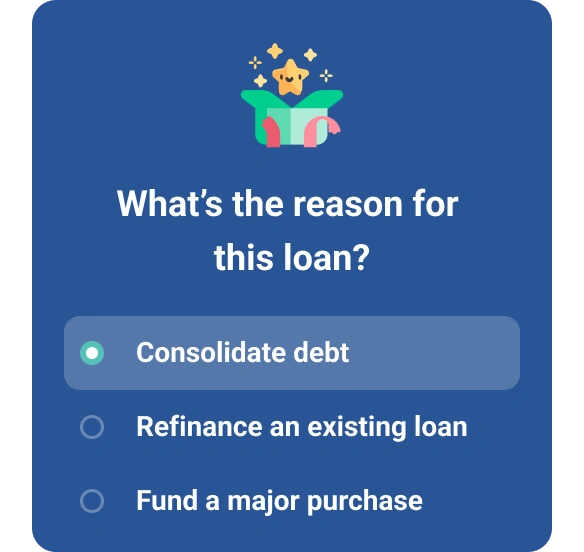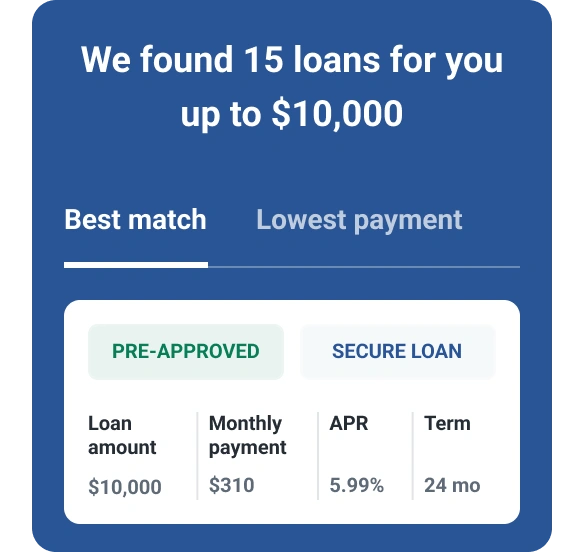Is Getting a Home Improvement Loan Worth It?

You dream of updating your circa-1989 kitchen, but your budget isn't big enough to make those dreams come true. Should you take out a home improvement loan to pay for home remodeling? The cost of a home improvement loan depends on the type of loan, your credit score and other factors. Find out how to decide if a home improvement loan makes sense for you.
How Do Home Improvements Affect Your Home's Value?
Homeowners often assume home improvements pay for themselves by boosting a home's value. However, it's important to know that home improvements won't increase your home's value dollar for dollar.
Remodeling Magazine annually compiles the average cost and ROI of common home improvement projects. According to 2021 data, a minor kitchen remodel recoups 72% of its value; adding an upscale master suite has an ROI of just 48%.
Unless you expect to sell soon, you should do home improvements to make your home more livable, not just because you think they will increase resale value. If you do plan to sell your home, a real estate professional can help you determine the most profitable improvements.
What to Consider Before Getting a Home Improvement Loan
When deciding if a home improvement loan is worthwhile, consider:
- Project cost: Get estimates for materials and labor. If the project is relatively inexpensive, could you take some time to save money and pay cash instead?
- Your equity: The amount of equity you have in your home often determines how much you can borrow. Real estate websites or local realtors can help estimate the value of your home. Subtract what you owe on your mortgage from the value of your house, and you'll get an idea of how much equity you have.
- Your budget: If you're looking for a loan with low monthly payments, you'll generally have a longer repayment term. Take into consideration the loan term you'll need and how much it will cost you in interest.
- Your debt-to-income ratio (DTI): DTI measures how much of your gross monthly income goes to pay debt. Lenders typically prefer a DTI of 43% or less.
- How long you'll be in the home: If you expect to move within five years, a big project may not be worth the cost. Major home improvements make more sense if you plan to stay put for five years or more.
What Kind of Home Improvement Loan Should You Get?
There are many home improvement loan options, each with their own pros and cons.
- A cash-out refinance replaces your existing mortgage with a larger mortgage; you receive the difference between the two, minus closing costs, in cash. You can generally borrow 80% to 85% of your home's value, and may also be able to lower your mortgage interest rate and reduce (or extend) your loan term. Interest may be tax-deductible.
- A home equity loan uses your equity as collateral. You can usually borrow 75% to 85% of your equity and repay it in fixed monthly installments over five to 30 years. Interest may be tax-deductible.
- A home equity line of credit (HELOC) uses your equity as collateral, but instead of receiving a lump sum, you get a credit line to draw from as needed. You can typically borrow 60% to 85% of your equity; interest may be tax-deductible.
- Personal loans are usually unsecured, so you don't need equity and you won't put your home at risk. However, personal loans generally have higher interest rates than secured loans and a shorter repayment period; interest isn't tax-deductible.
Mortgages, home equity loans and HELOCs usually charge lower interest rates than personal loans, but if you don't repay them, you could lose your home. If you don't want to use your home as collateral, consider a personal loan.
Some personal loan providers offer unsecured loan amounts up to $100,000, enough for even major home improvements. Personal loans typically have fixed interest rates and repayment terms of 24 to 84 months, and may charge fees including origination fees. You'll likely need a high income, low DTI and good to excellent credit to qualify for the best rates and terms.
If your credit is only fair, you may still be able to acquire a personal loan. Loan amounts are typically lower, and fees could add to your total cost. The annual percentage rate (APR) can be as high as 36% depending on your credit.
When taking out a loan, it's important to understand what you can afford and what it will cost you. For example, if you got a $10,000 personal loan with a 60-month term, 36% APR and 5% administrative fee, you could pay an additional $12,260 in interest for a total cost of $22,760.
Personal loan calculator
What Credit Score Do You Need for a Home Improvement Loan?
Qualifying for a home equity loan, cash-out refinance or HELOC generally requires good to excellent credit (a FICO® ScoreΘ of 670 or more). If your credit is fair (a FICO® Score of 580 to 669), you may still be able to get a loan, but it will likely have a higher interest rate, so you'll pay more over time.
Before applying for a home improvement loan, check your credit report and credit score. If your credit score needs a boost, try these steps to improve it:
- Pay down credit card debt. Your credit utilization rate should be well under 30% of your available credit.
- Bring any late accounts current.
- Make all your debt payments on time.
- Don't apply for any other new credit.
- Sign up for Experian Boost®ø This free service adds on-time utility, cellphone and streaming service payments to your credit report, potentially giving your FICO® Score an instant boost.
- Dispute any inaccurate information in your credit report.
Where to Get a Home Improvement Loan
Considering a cash-out refinance, home equity loan or HELOC? Contact your current mortgage lender to see what they can offer. Then get offers from other mortgage or home equity lenders, comparing interest rates, closing costs, repayment terms and fees. Consider using a mortgage broker who can get quotes and information from several lenders.
Personal loans are available from banks, credit unions and online-only lenders. Begin with your existing bank or credit union, then shop around. But don't drag the process out too long. When you apply for a loan and the lender checks your credit, it causes a hard inquiry into your credit report, which can temporarily ding your score by a few points. Too many hard inquiries can negatively affect your credit score. Complete all your loan applications within two weeks, however, and they'll be treated as one inquiry.
Some lenders will prequalify you for a loan, which counts as a soft inquiry and won't impact your credit scores. Experian can match you with lenders that fit your credit profile.
Choosing the Right Home Improvement Option
Having good credit gives you more options for financing home improvements. Check your credit score before applying for a loan to identify loans you're likely to qualify for. Repaying a home improvement loan on time could help boost your credit score. Carefully considering the benefits and risks of borrowing to pay for home improvements will help you make the right decision.
Need a loan?
Whether you're shopping for a car or facing a last-minute expense, compare loan offers matched to your credit profile.
Start now for freeAbout the author
Karen Axelton specializes in writing about business and entrepreneurship. She has created content for companies including American Express, Bank of America, MetLife, Amazon, Cox Media, Intel, Intuit, Microsoft and Xerox.
Read more from Karen

